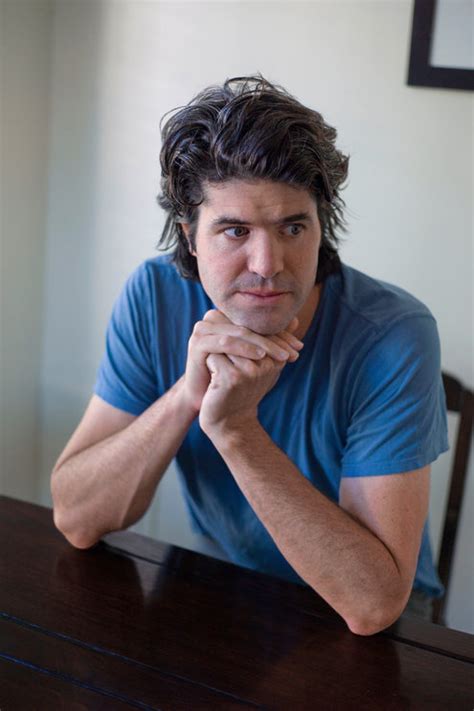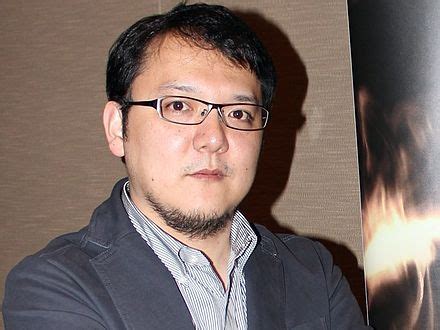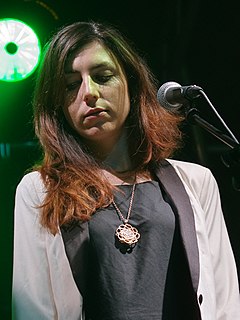A Quote by Edan Lepucki
With my students, I don't offer any simple tips like that, maybe because my own process is pretty messy, but when we workshop we talk a lot about the deeper subject, which is what the story or novel is about. I think defining a narrative's themes can lay bare a narrative's tensions.
Related Quotes
For queer people, the personal is very political, just to talk about it in a public space. It's very political just to come out and take up that space and be like, 'This is my narrative. It's not an outsider narrative, and it's not a fetish narrative; it's just my story, and it's worth being told and listened to.'
I think my sensibilities about storytelling and character just automatically come into play when I'm trying to work on any kind of narrative. For me, it doesn't really matter what the source of the narrative is. I will be looking for ways to make it into an intriguing story with empathetic characters.
I think of myself as a narrative artist. I don't think of myself as a novelist or screenwriter or playwright. All of those modalities of processing and experiencing narrative are obviously very different, and I'm not sure that I prefer any one to the other. I think the novel gives you the opportunity to have a kind of interiority that you can't have in the theater, which is pure exteriority.
The short story is at an advantage over the novel, and can claim its nearer kinship to poetry, because it must be more concentrated, can be more visionary, and is not weighed down (as the novel is bound to be) by facts, explanation, or analysis. I do not mean to say that the short story is by any means exempt from the laws of narrative: it must observe them, but on its own terms.
I'm obsessed with this idea of storytellers and people who have a narrative, and sometimes sustain a relationship because they're telling a narrative and someone is listening to that. Often the nature of the relationship is determined by how well they tell the story, or someone else's ability to suspend disbelief, or infuse into their narrative something which they may not even be aware of.
Say you have a headline like "Mountain Bike Stolen," and then you read the story, read another story about it the next day, and then the next week, and then the next year. News is a process of expansion, the filling in of detail, and making narrative connections - not based on chronology, but based on features of the story. There are narrative connections made between props, between characters, between situations, and so forth.
I'm always thinking about what a black lady would think about what I'm doing, just because I feel like they have such great taste, mostly because as black women, we've spent a lot of time downloading what a white male narrative is, so in my head, I'm like, 'If a black woman likes it, if she responds to it, then it's probably pretty damn great.'
'Betsy' is one of my favorites because it is the one to which I've imposed the least clear narrative. To me, it's so much more about the feeling - desperation - than any kind of story at all. There's very little imagery or character development; it's just about a deep and desperate search for something.







































